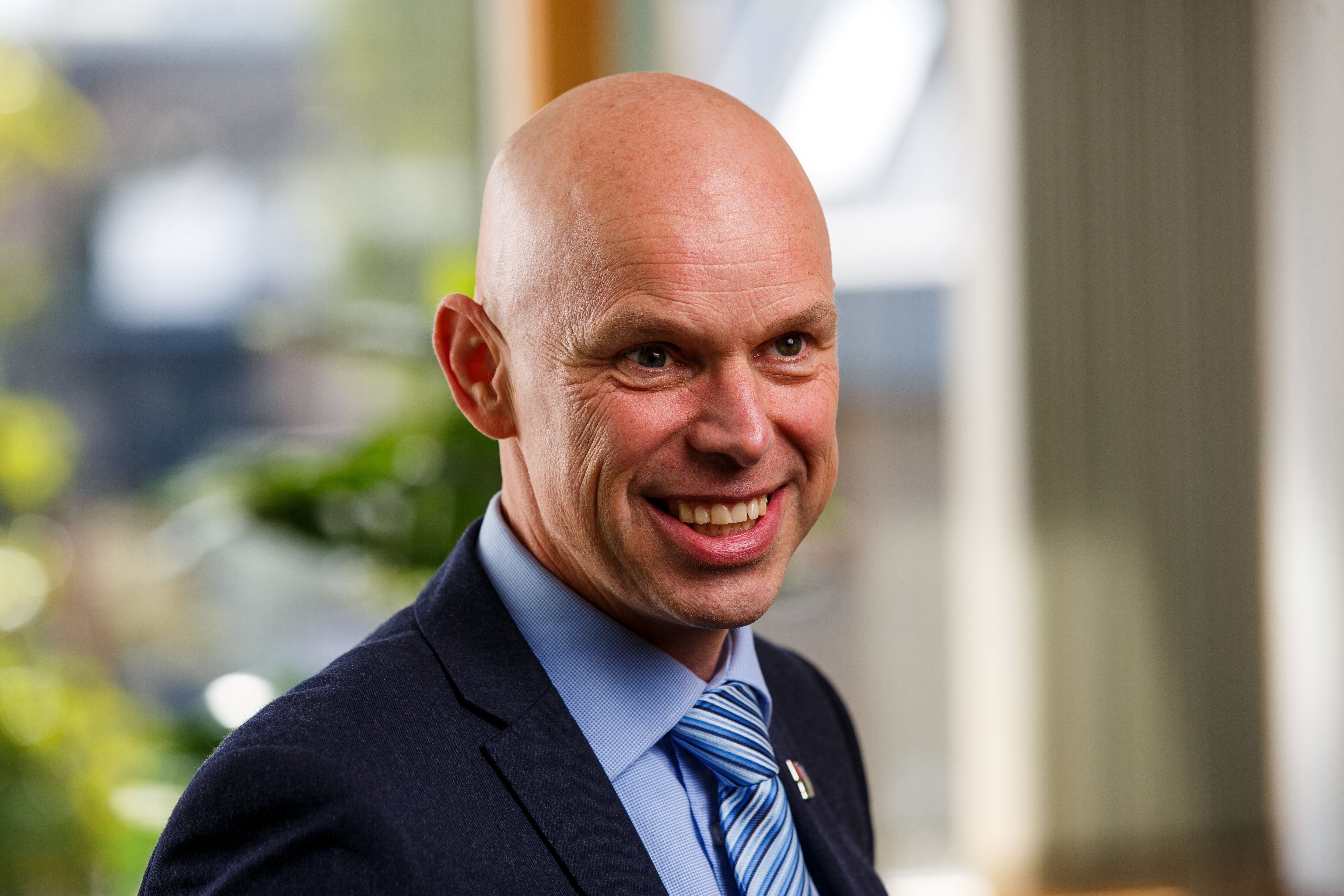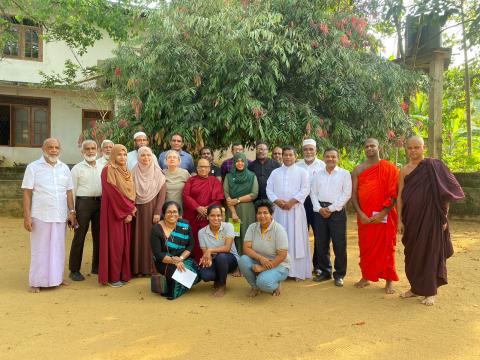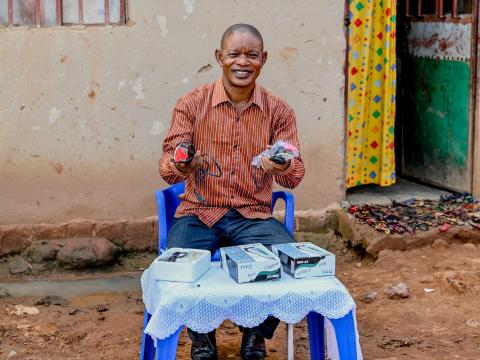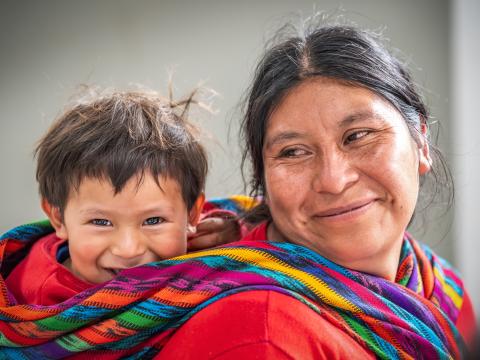
Radical Hope
Andrew Morley, World Vision International President & CEO, is travelling to New York for the UN General Assembly. As he prepares to hold talks with governments and leaders, during a week which can change the course of history, Andrew reflects on why nurturing hope could be the most radical investment for children in crisis.
19 September 2025.
Children are living through an era of relentless turmoil, conflict, hunger, climate shocks, and displacement. This is converging in ways the world has rarely seen before. Over 473 million children are growing up in or fleeing conflict zones, while aid budgets shrink, and humanitarian responses are scaled back. The statistics are staggering, but they obscure the deeper truth: for millions of children, what is being stolen is not only food, shelter, or safety, but their very sense of hope.
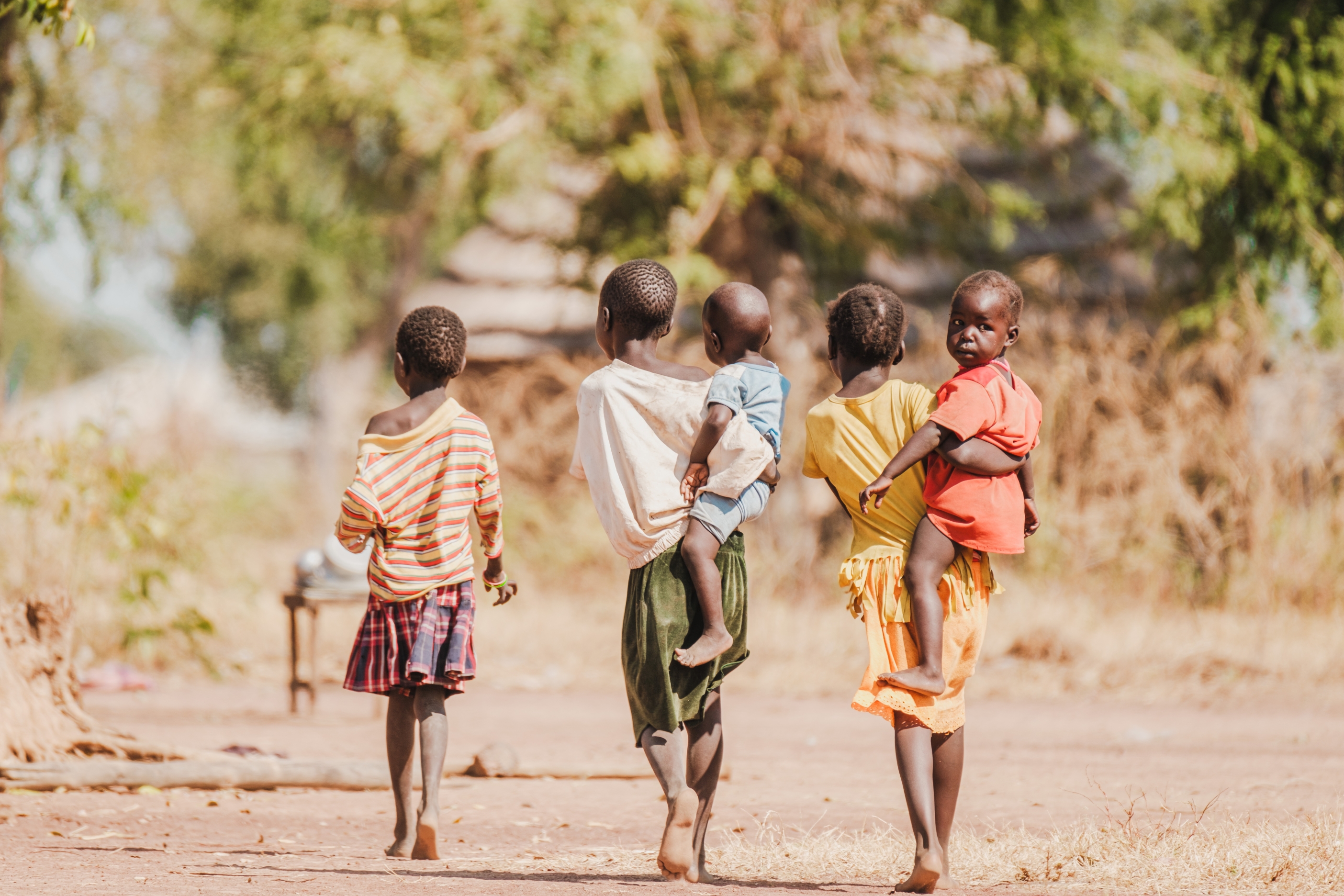
Beyond Survival: Why Hope Must Be Counted
As world leaders convene for the 80th United Nations General Assembly, debates on peace, development, and human rights are unfolding in real time. Yet, too often, these discussions remain tethered to budgets, pipelines, and political strategies, leaving the human and spiritual dimension --what sustains children’s sense of dignity, joy, and possibility-- largely absent.
In humanitarian circles, we measure calories, school attendance, vaccination rates. These are essential, but what if we also measured love, resilience, purpose, joy, wisdom, and spiritual life? Together, these six dimensions of hope, developed through the New Hope and Love tool by World Vision and Harvard University, offer a framework for rebuilding systems that put children’s wellbeing at their centre.
Children Are Agents of Hope
Amid unspeakable loss, children continue to show a resilience that is nothing short of extraordinary. In refugee camps, shattered communities, and makeshift shelters, from Afghanistan to Syria, South Sudan to Haiti, we see children who, despite everything, still dare to dream. They speak of becoming teachers, doctors, and leaders. They laugh, they sing, they play. In their voices and actions, they resist despair with a courage that should unsettle the complacency of adults.
These are not simply stories of survival. They are stories of defiance, living proof that children are not passive recipients of aid, but carriers of hope. The question is whether we, as governments, faith communities, and humanitarian organisations, will have the vision and will to invest in that hope, rather than allowing it to wither through neglect.
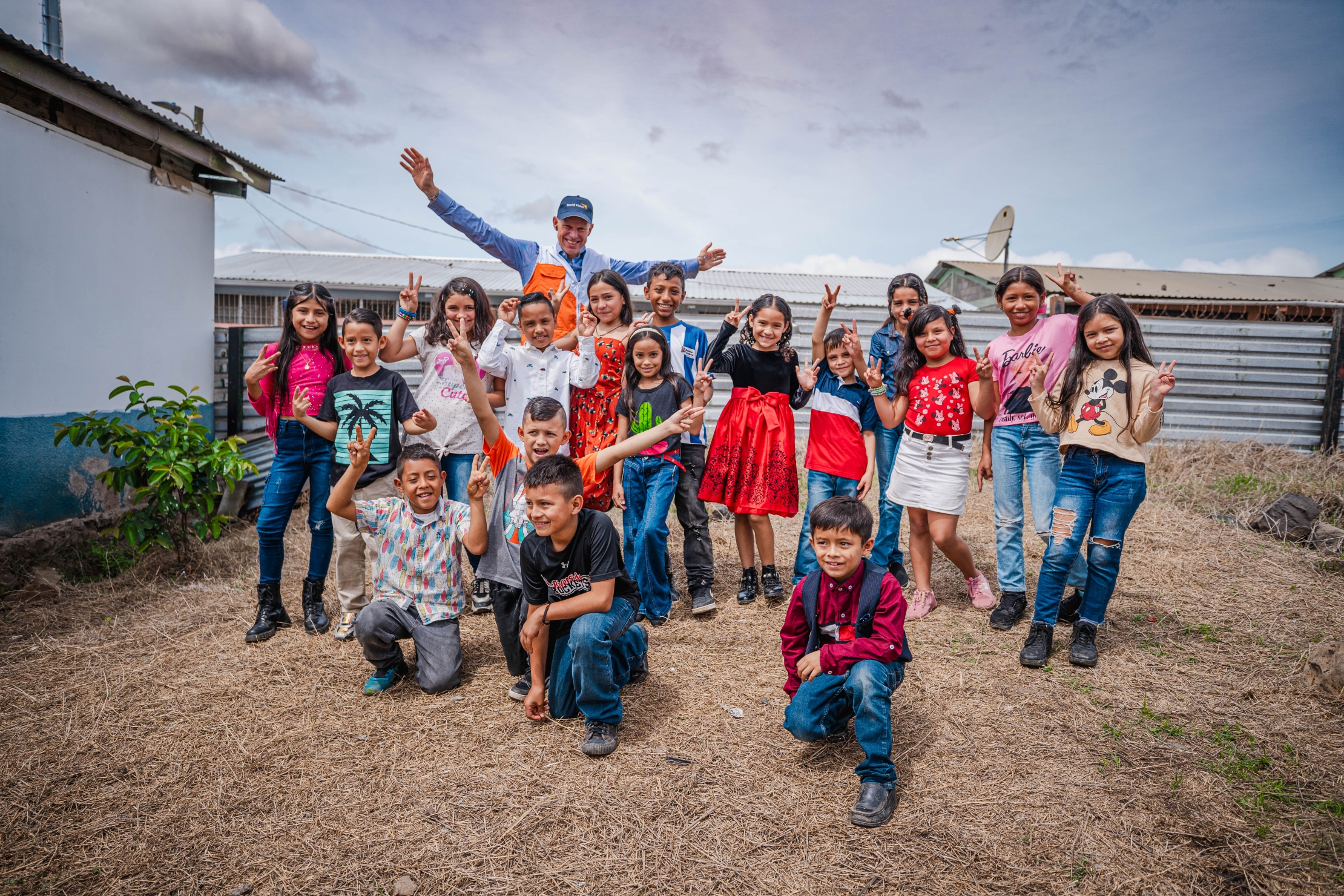
Are We Doing Enough Together?
The theme of UNGA80, “Better Together: 80 Years and More for Peace, Development and Human Rights” must be more than a ceremonial backdrop to global debates. It is both a challenge and an invitation, urging us to confront the hardest questions. Are we truly doing enough, together, to protect and uplift children’s lives? Or are we content with partial measures that keep them alive while stripping away the hope they need to flourish?
On the margins of UNGA80, a pivotal gathering points the way forward: the Annual Prayer Service for Children, hosted by World Vision in collaboration with ACT Alliance, Anglican Communion, Caritas Internationalis, The Episcopal Church, The Lutheran World Federation, Greek Orthodox Archdiocese of America, and World Evangelical Alliance. It is not a symbolic moment on a crowded agenda; it is a moral and strategic imperative call to re-centre children in our collective response and to safeguard their dignity, dreams, and futures, to come before God with our praises and petitions for children to experience fullness of life.
Putting Hope at the Centre of Every Child’s Future
In this fragmented moment, when aid is shrinking and crises are multiplying, hope may be the most radical and necessary investment we can make. To meet that call, hope must be embedded in every policy, every budget, every programme. From school feeding in Sudan that restores not only nutrition but dignity and routine, to psychosocial care in Syria that heals invisible wounds as surely as medicine heals the body, to youth-led initiatives in Haiti that give children purpose, voice, and the power to shape their own future.
Hope is not passive. It is cultivated, acted upon, and shared. And children, even in the darkest of circumstances, remind us every day that it is possible if only we choose to nurture it.
The challenge before us is whether we have the courage to prioritise it.
Reverend Andrew Morley, has served as President and CEO of World Vision International since 2019, bringing together a deep pastoral calling and decades of leadership experience. He spent over 25 years in the corporate world, scaling businesses across a range of sectors. His heart for service has led him to help launch Christian charities in Kenya and South Africa, and his global perspective is shaped by years of living and travelling across the world.
